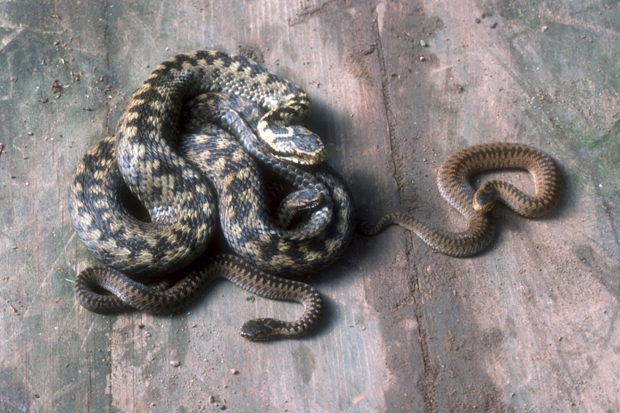It’s rare that granitic and iron-jawed prose is also enveloping and warm, but that’s just one of the many enticing literary paradoxes in the American writer John Ehle’s 1964 novel The Land Breakers. The work was the first of seven volumes that Ehle dubbed his ‘mountain novels’, books which today tend to get tagged as historical, a disservice that has kept Ehle a peg below some of the southern heavies (including even Faulkner) whom he sometimes manages to eclipse.
There’s a twinge of something less artful when one tosses in the word ‘historical’, as though the resulting novel relies on borrowings from an earlier era rather than the author’s imagination. But after about three paragraphs of The Land Breakers one realises that this resists any easy codification. We enter a whole new world, like literary Magellan ether.
The ostensible tale of Mooney Wright in a teeming, seething post-Edenic mountainous wilderness in late 18th-century North Carolina, this rangy novel extends its narrative to the assorted settlers who make their way into a kind of elevated valley of death, pumping in humour when need be, and, when humour fails, masses of snakes. One such scene, with vipers awakened from their winter slumber and emerging from beneath a neighbour’s floorboards, is among the most terrifying in American letters. Like the beasts themselves, it comes with no great fanfare, no preparation, certainly; and yet there it is, natural to the point of being unquestionable, and simply how life can go.
Mooney loses his wife in short order after some D.H. Lawrence-like sexual romping upon first arrival. He seeks another, and having been rejected by a naive yet strikingly wise teenager called Pearlamina — the book’s wandering conscience, in some ways — he ‘house tends’ with the 30-year-old daughter of the aged Tinkler Harrison, a would-be land baron in search of his proper kingdom. Not the kind of thing one finds in these woods. The woman is named Lorry, and she has two sons, whom Mooney presses into service both as children of his own and burgeoning men who will grow up faster than other boys do.
Mooney’s attempt to fuse them to him mirror Ehle’s own with his readers; it’s the intimacy effect again, this notion of a private story meant just for a tiny, specific audience, confession fostering trust. Mooney describes a bear hunt to the boys, and ends up talking as much to himself, and for himself, as to them. Having shot his quarry, he reconsiders.
‘What have I done to ye, boy?’ I said to him.
This is elemental storytelling, going back to earliest man around a fire. Mooney and the boys sit in similar night-time light:
I went closer to him and spoke to him, but I stopped that for what right have I to pity what I’d done, and pity what I’ll do again. It’s a fool’s habit to kill a thing then act gentle, for it was for myself I shot him and for myself that I acted gentle.
This is rough-hewn, loving stuff, and the attendant horrors — Lovecraft and Poe could scarcely put their heads together to frighten more — pay out in the next chance, the next opportunity to rise again, to storm the lost Eden, and make a more richly human life in the process. Still, might want to pack a snake-bite kit.
Available from the Spectator Bookshop, £9.99 Tel: 08430 600033







Comments